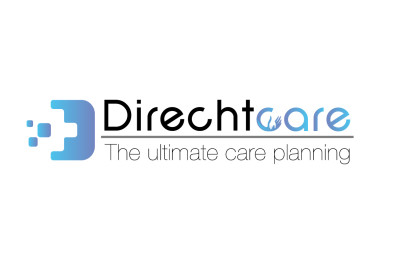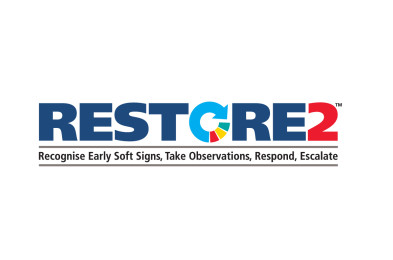
eShift Palliative Home Care
Sensory Technologies provides an innovative solution to prevent and replace medical treatment within private and public healthcare facilities to address the ageing population, lack of specialised healthcare staff and an inability to scale healthcare delivery. We have created a new clinical service model that allows patients to stay in the comfort of their place of choice while receiving the medical attention that they need. The research conducted by the University of Western Ontario proves our approach reduces overhead costs, increases patient capacity, and lowers readmission rates in complex end of life patients to an astounding 2%.
About
Virtual support teams are constructed using a remote registered clinician supervising and directing a team of onsite healthcare staff. Consequently, one registered clinician can provide care for multiple patients at one time, while receiving updates to the patient's medical chart in real-time.
In our palliative projects deployed in Canada and Sheffield, UK, patients have been able to stay at home during their last days and often feel like they are now less of a burden for their families. Most importantly, the majority of eShift patients get their wish and stay at home until the very end of their life because their symptoms are well managed by a health care team that covers not only day time care but also night time respite care.
Following the successful implementation of the Sheffield project (EnComPaSS), analysis by the CLAHRC Y&H team established that the reduction in acute hospital bed use in supporting effective end of life care in this project alone could result in potential savings of £2.4m each year to the NHS in Sheffield.
We wish to continue this success and expand nationally to bring savings to other areas of the NHS, while allowing palliative patients to receive quality end of life care in the comfort of their own home. We have the technology and staff in place to support further implementations and will provide all technical training. Our solution could be implemented within 3 months if adequate financial and operational support is received from involved stakeholders.
Useful resources
EnComPaSS Project
South West CCAC eShift Project
South West LHIN eShift Project



